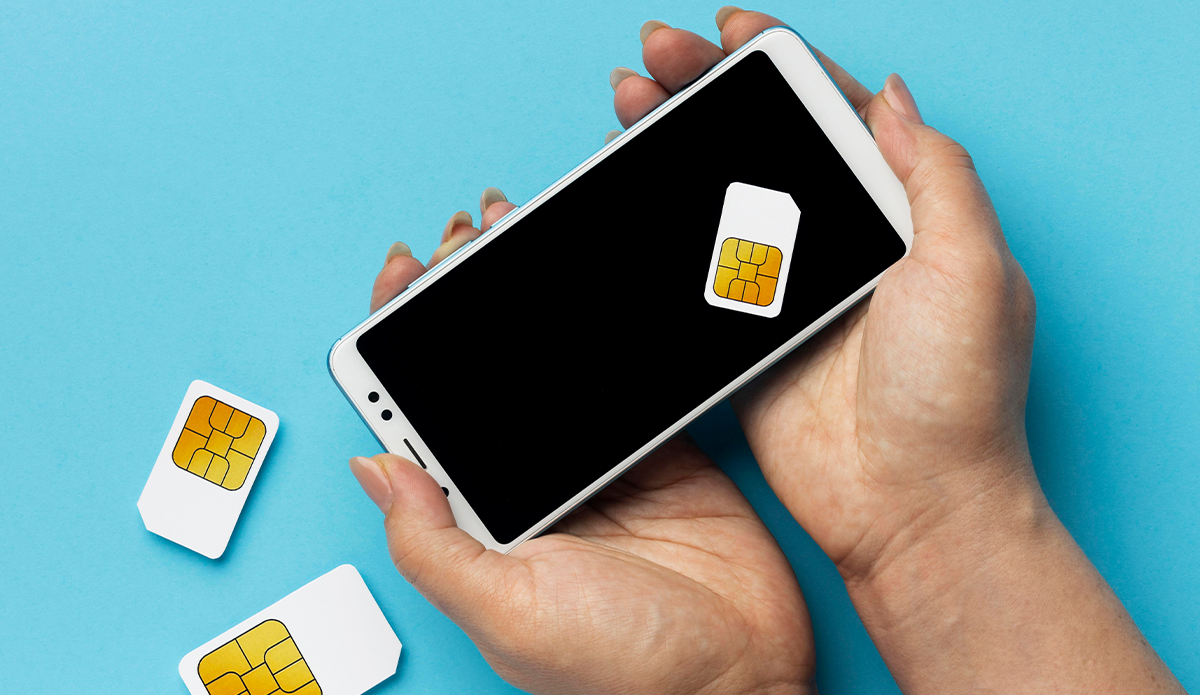If you’re in the UK, brace yourself – broadband and mobile price hikes are on the way this month.
You’ve probably received a text or email from your provider detailing how much extra you’ll be paying.
But what do these increases actually mean for you?
How Much More Will You Pay?
Price hikes vary depending on your contract.
If you’re on an inflation-linked plan, your broadband bill could increase by an average of £21.99 per year, as reported by the Standard.
For some newer contracts, you could see even steeper rises of up to £42 per year.
Mobile bills are also set to rise by £15.90 per year.
However, providers aren’t increasing prices for customers on social tariffs, such as those on Universal Credit.
Why are Broadband Prices Rising?
Broadband prices in the UK are set to rise in April 2025 due to inflation, increasing operational costs, and new Ofcom regulations requiring providers to clearly state any price hikes upfront.
Many contracts now include fixed annual increases instead of inflation-linked rises, ensuring customers know what to expect.
Providers like Virgin Media have already announced set monthly increases, while others adjust prices to cover infrastructure and service improvements.
Breakdown of UK Provider Price Increases:
BT, EE & Plusnet
£1.50 – £4/month (Joined or upgraded after 10 April 2024)
6.4% increase (Joined or upgraded on or before 9 April 2024)
O2
£1 – £1.80/month (Pay-monthly mobile plans)
£0.75/month (Smartwatches, tablets & mobile broadband)
Sky
6.2% increase (Broadband & TV, including Sky Stream & Glass)
£1.50/month (Out-of-contract mobile plans)
TalkTalk
£3/month (Joined/upgraded after 12 August 2024)
6.2% increase (Joined/upgraded before 11 August 2024)
2.5% increase (Fixed Price Plus, out-of-contract, from 1 April 2025)
Three
£1 – £2/month (Mobile plans, joined/upgraded from 8 September 2024)
£2/month (Broadband plans, joined/upgraded from 8 September 2024)
6.4% increase (Joined/upgraded between November 2022 – September 2024)
Virgin Media
£3.50/month (Broadband, landline & TV, joined/upgraded from 9 January 2025)
Up to 7.5% increase (Joined/upgraded on or before 8 January 2025)
Vodafone
£1 – £3/month (Broadband, mobile, tablet & smartwatch plans, joined/upgraded on or before 2 July 2024)
6.4% increase (Joined/upgraded on or before 1 July 2024)
Community Fibre
No price hikes.
Hyperoptic
No price hikes.
Will New Contracts Be Hit by Price Hikes?
Yes – signing a new deal doesn’t necessarily protect you from annual price increases.
Many broadband providers include inflation-linked rises, meaning your bill could go up even within your contract term.
However, some providers offer fixed-price contracts, ensuring your monthly cost stays the same throughout your agreement.
Before committing to a new broadband deal, always check the terms carefully, especially the provider’s price rise policy, so you know exactly what to expect.
Are You Overpaying? Time to Check Your Contract!
If you’re out of contract, you’re free to switch providers now and see what you could save.
Even if you’re still tied in, it’s worth checking if haggling or switching to a different plan is possible – but remember to be aware of exit fees.
Check your contract terms and conditions to see if cancellation or switching will cost you.
Many broadband and mobile customers get rolled onto expensive tariffs without realising, paying far more than they need to.
If that’s you, there’s no penalty for leaving, so now’s the time to see if you can get a better deal.
Want to explore better deals?
Now’s the time to act!
What to Do Next:
– Compare the best deals – Use our tools to find the cheapest Broadband and Mobile offers.
– Try haggling – If you prefer to stay with your current provider, a bit of good old fashioned haggling help you negotiate a better price.
– Switch if they won’t budge – If your provider won’t match or beat what’s available elsewhere, it’s time to move. Our switching guides make it easy.
It’s important to note – if you’re on an inflation-linked contract and do nothing when it ends, you’ll stay on the same terms until you switch.
New customers often get the best rates – so why not see what’s out there?








